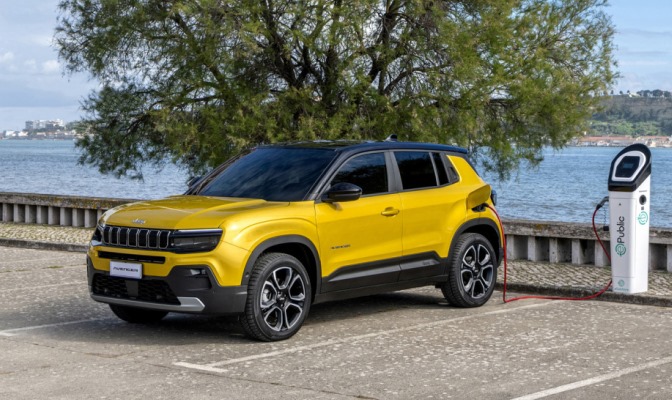
Many brands from different countries are facing accusations of causing misunderstanding to consumers about the performance of electric vehicles through information about products sold in Italy.
Investigations into the possibility of unfair commercial acts related to: Scope of electric vehicle operations, reduced battery capacity, limits on standard battery warranty, possible violations of consumer protection laws, ... according to the notice from the supervisory agency.
Under Italian law, violating consumer rights rules can result in fines ranging from 5,000 euros (133 million VND) to a maximum of over 10 million euros (268 billion VND).
Stellantis said it has fully cooperated with the authorities and has provided the necessary answers, information and documents. While BYD and Volkswagen declined to comment on the investigation, Tesla has not responded.
According to Italian legal authorities, websites of automakers provide general and sometimes conflicting information about the range of electric vehicles, without clarifying which factors can affect the maximum range of advertisements and to what extent.
The range of electric vehicles can be significantly reduced due to external conditions such as cold weather or the use of air conditioners in high temperature conditions, as well as the type of travel route.
The Italian legal agency also accused that the websites did not provide consumers with clear and complete information about the decline in battery capacity due to the use of conventional vehicles and about the terms or warranty limits of the batteries.
The authorities said they had conducted an inspection at the headquarters of four Italian automakers, with the support of the police against financial crimes.











